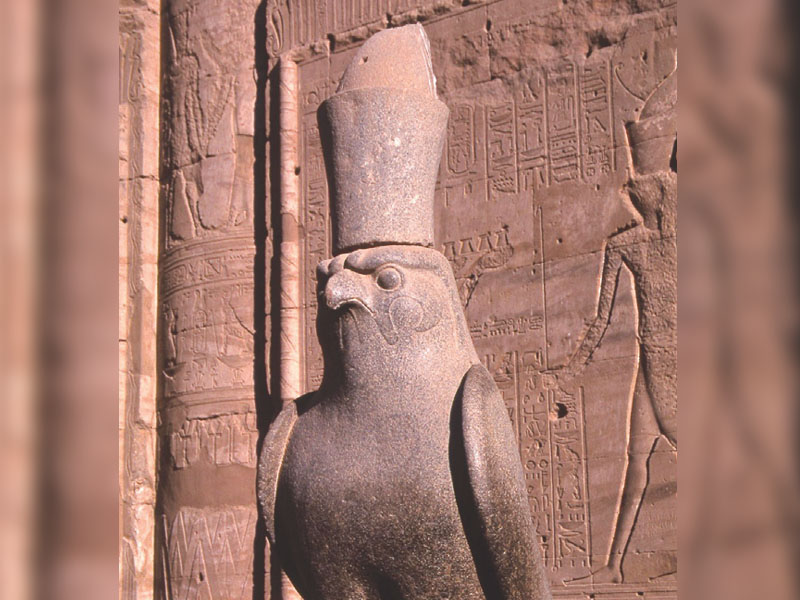Symbolic dimensions in the folktale: A study of folktales’ symbolism in light of psychological and anthropological analyses and the history of religions
Issue 25

Following methodological constraints, we can track the meanings that symbols hold for certain groups or cultures. However, this does not deny the fact that every culture has been shaped by everything that preceded it, from the first human innovations in the Stone Age to the digital technology of smart phones and the Internet, which reduces men to characters in a small village.

Symbolism distinguishes humans from other living beings; Man displays his superiority and uniqueness by using symbols. Philosopher Ernst Cassirer said, “In the beginning was the symbol”, and French poet Baudelaire described the world as ‘forests of symbols’.
To speak of symbols is to speak of history, dating back to humanity’s roots when man contemplated nature and attempted to understand its intricate phenomena through artistic and expressive innovation. Literature and the arts unveiled the richness of symbols that man could use to communicate his perceptions of life and the Universe. Symbols take the place of meanings and ideas that are hard to imagine or beyond understanding.
As civilisation developed, people became so attached to symbols that they can be seen in every aspect of life, from traffic signs and advertisements to the latest modern technologies. Marketing and advertising specialists pay great attention to the importance of symbols and signs in our lives, studying symbols and their communicative role in order to reach the consumer.
Symbols comprise a rich human heritage that can help us to bridge the gaps in communication and interaction between peoples, and to enhance cultural understanding.
Anthropological, psychological and social studies have shown that human experience is the same across the globe and throughout the different stages of human history. Man is not much different than his predecessors, especially in terms of intellect; there is no significant difference between primitive man and the man of today.
However, the universality of symbols does not negate their specific features in different cultures; every society has a right to norms and special symbols that are in accordance with that society’s beliefs, philosophies and worldview.
Yusuf Tawfiq
Morocco


































































